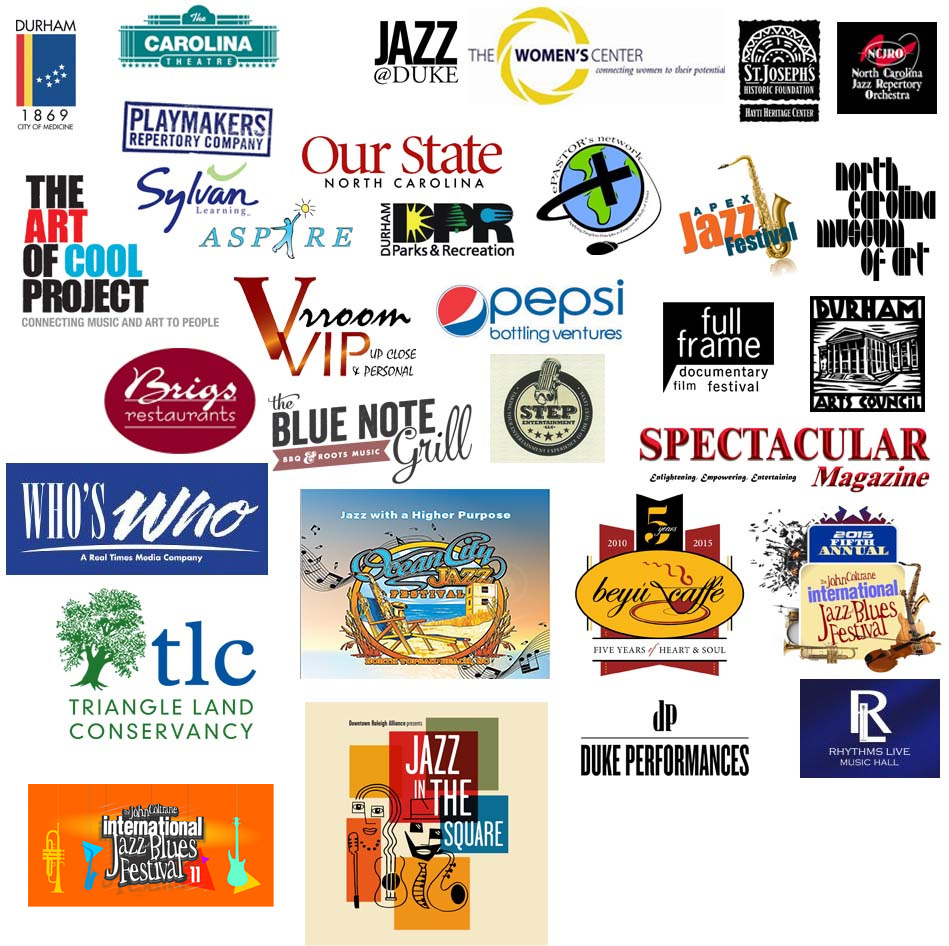Ernestine Anderson
 Positioned squarely in the mainstream, at home in the worlds of jazz and pop standards as well as the blues, comfortable with small groups and big bands, Ernestine Anderson regularly received a lot of airplay on traditional jazz radio stations. She fit those demographics well with her tasteful, slightly gritty, moderately swinging contralto; she rarely probed too deeply into emotional quagmires (and thus didn’t disturb the dispositions of those who use the radio as background) but always gave listeners an honest musical account.
Positioned squarely in the mainstream, at home in the worlds of jazz and pop standards as well as the blues, comfortable with small groups and big bands, Ernestine Anderson regularly received a lot of airplay on traditional jazz radio stations. She fit those demographics well with her tasteful, slightly gritty, moderately swinging contralto; she rarely probed too deeply into emotional quagmires (and thus didn’t disturb the dispositions of those who use the radio as background) but always gave listeners an honest musical account.
Hot Cargo!Anderson’s career actually got rolling in the embryonic R&B field at first; as a teenager, she sang with Russell Jacquet’s band in 1943, and she moved on to the Johnny Otis band from 1947 to 1949, making her first recording with Shifty Henry’s orchestra in 1947 for the Black & White label. In the ’50s, however, she converted over to the jazz side, working with Lionel Hampton in 1952-1953 and recording with a band featuring Jacquet, Milt Jackson, and Quincy Jones in 1953, and with Gigi Gryce in 1955. Upon hearing the latter record, Rolf Ericson booked Anderson on a three-month Scandinavian tour; while in Sweden, she made a recording called Hot Cargo that, ironically, established her reputation in America. Once back in the U.S., she signed with Mercury and made a number of albums for that label until the early ’60s.
 Live from Concord to LondonShe moved to England in 1965 and remained largely invisible on the American radar until 1975, when Ray Brown heard her sing at the Turnwater Festival in Canada. Brown became her manager, and got her to appear at the 1976 Concord Jazz Festival, which led to a Concord contract that immediately bore fruit with the albums Live from Concord to London and Hello Like Before. These and other comeback albums made her a top-flight jazz attraction in the U.S. again — this time for the long haul — and in the ’80s, she was recording with the Hank Jones Trio, George Shearing, Benny Carter, the Capp-Pierce Juggernaut, the Clayton-Hamilton Jazz Orchestra, and her own quartet. By 1992, she had attracted major-label attention once again, signing with Quincy Jones’ Qwest outfit. For Koch, Anderson issued Isn’t It Romantic in 1998. The live album I Love Being Here with You appeared in 2002, while 2003’s Love Makes the Changes found her signed to Highnote. The label released her album A Song for You in 2009. Anderson remained with the label for 2011’s Nightlife, a live album that featured the singer in a number of small-group settings, with a guest appearance by labelmate Houston Person. Anderson passed away from natural causes on March 10, 2016 at the age of 87.
Live from Concord to LondonShe moved to England in 1965 and remained largely invisible on the American radar until 1975, when Ray Brown heard her sing at the Turnwater Festival in Canada. Brown became her manager, and got her to appear at the 1976 Concord Jazz Festival, which led to a Concord contract that immediately bore fruit with the albums Live from Concord to London and Hello Like Before. These and other comeback albums made her a top-flight jazz attraction in the U.S. again — this time for the long haul — and in the ’80s, she was recording with the Hank Jones Trio, George Shearing, Benny Carter, the Capp-Pierce Juggernaut, the Clayton-Hamilton Jazz Orchestra, and her own quartet. By 1992, she had attracted major-label attention once again, signing with Quincy Jones’ Qwest outfit. For Koch, Anderson issued Isn’t It Romantic in 1998. The live album I Love Being Here with You appeared in 2002, while 2003’s Love Makes the Changes found her signed to Highnote. The label released her album A Song for You in 2009. Anderson remained with the label for 2011’s Nightlife, a live album that featured the singer in a number of small-group settings, with a guest appearance by labelmate Houston Person. Anderson passed away from natural causes on March 10, 2016 at the age of 87.
Biography written by Richard S. Ginell & published at allmusic.com
Photo credits:
- Photo on homepage: chicagotribune.com
- Photo #1 above: thetimes.co.uk
- Photo #2 above: knkx.org

